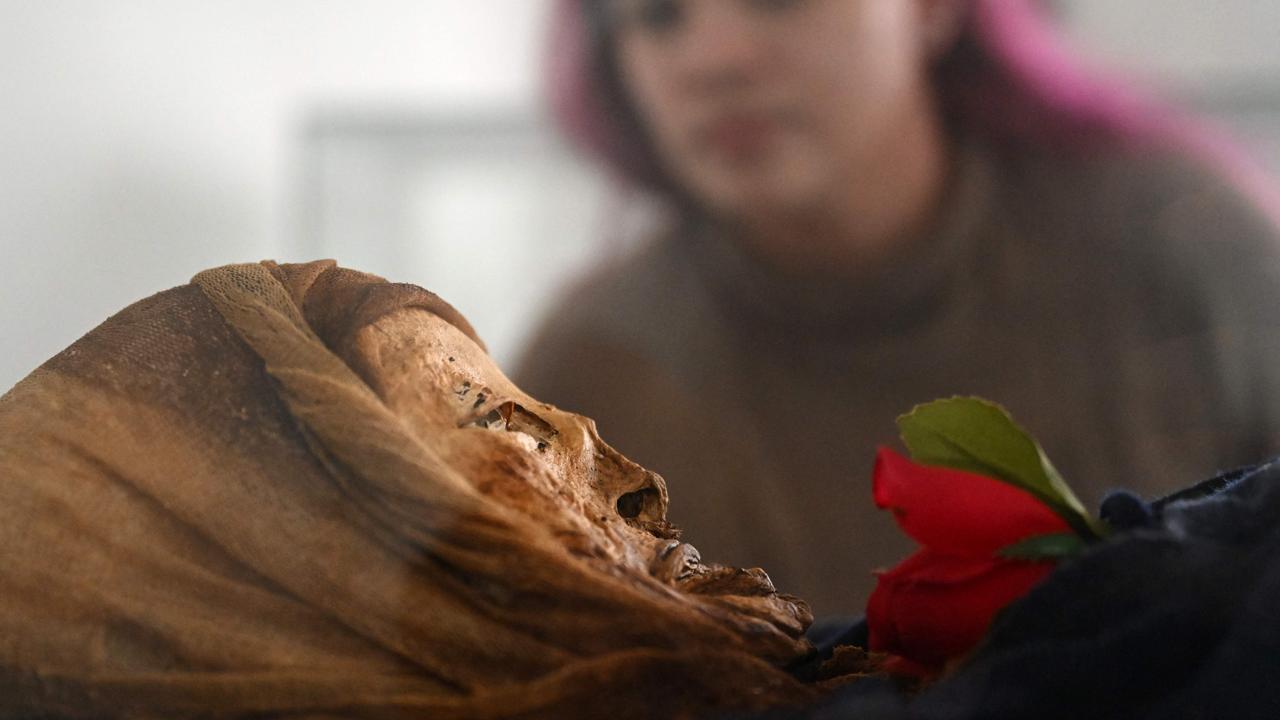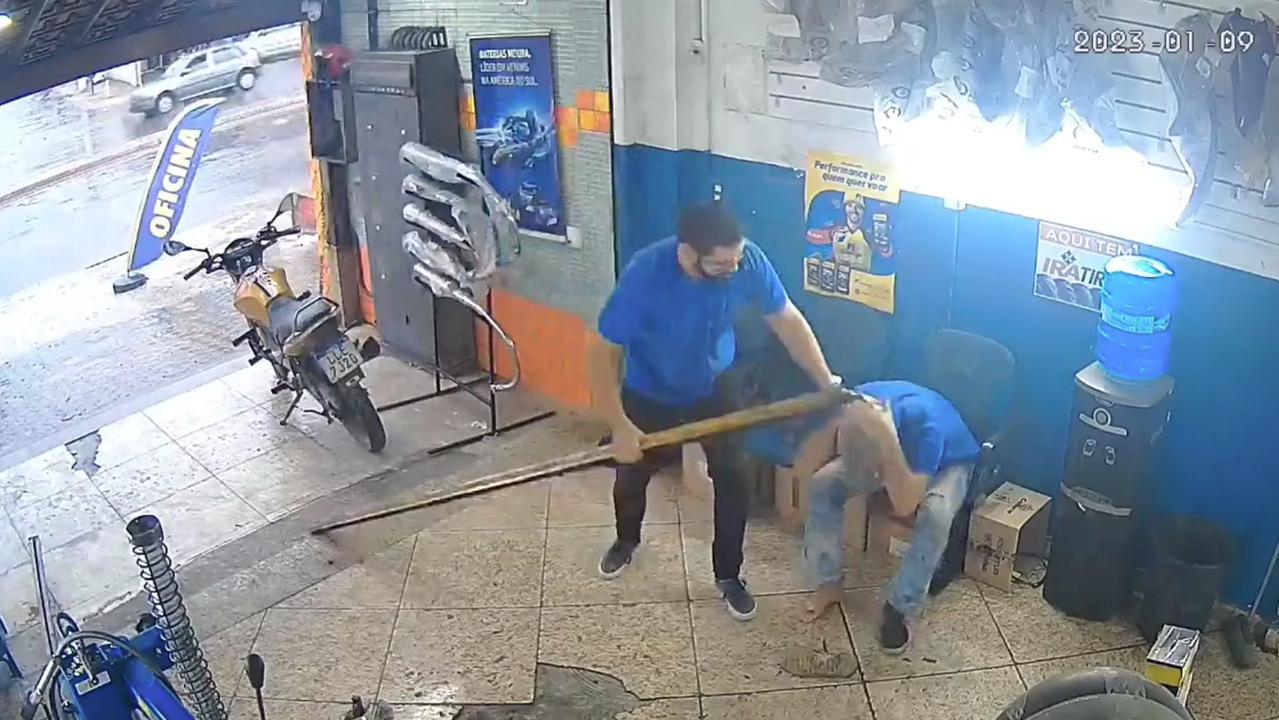Zaruma, the city of gold and coffee
ZARUMA, Ecuador clings to a mountainside, has produced an unbelievable amount of gold and is a place of riches - and danger.

WITH a past rooted in goldmining and a present highlighted by excellent coffee, Zaruma is one of 22 UNESCO World Heritage sites in Ecuador.
The city, in the south-eastern province of El Oro and founded in 1539 by gold-seeking Spanish conquistadors, clings to an Andean mountainside with narrow streets that zigzag around historic buildings. Zaruma and the nearby city of Portovelo became mining centres under Spanish rule and thousands of gold shipments were sent to Europe from here. Officials and residents are determined to make Zaruma renowned in different ways by boosting tourism in this coastal region. One promising business is “experiential tourism”, which allows visitors to know and enjoy the city as if they were locals, Zaruma mayor Jhansy Lopez says. Experiential tourism, or homestay tourism, lodges visitors in family homes rather than hotels or inns. Residents are the key to this project because “it is the residents’ hospitality and warmth in their attention to the tourists that draws visitors to that experience”, the mayor says, adding the program is sponsored by the tourism ministry’s “Viaja primero Ecuador” campaign. Many of Zaruma’s houses, listed on the cultural heritage register, open their doors in the evenings as cozy bars and coffee shops, where visitors can learn about the city’s history as told by the people who live and work there. A large and well-lit tunnel leads tourists into the Sexmo mine, now out of operation, on slippery ground along the railway that hauled tons of ore out of the area. A guide explains that from the 150m-deep mine, gold, silver and copper were extracted and during just one year, in 1950, a US company mined about 3000 tonnes of minerals. Lopez says this direct experience of the city and its people appeals to foreign tourists, especially French and Spanish visitors, who seek to learn about the region’s myths and culture. Ranchers in the region have joined the program, offering hospitality in a rural setting that shows additional features of the Zaruma area.



